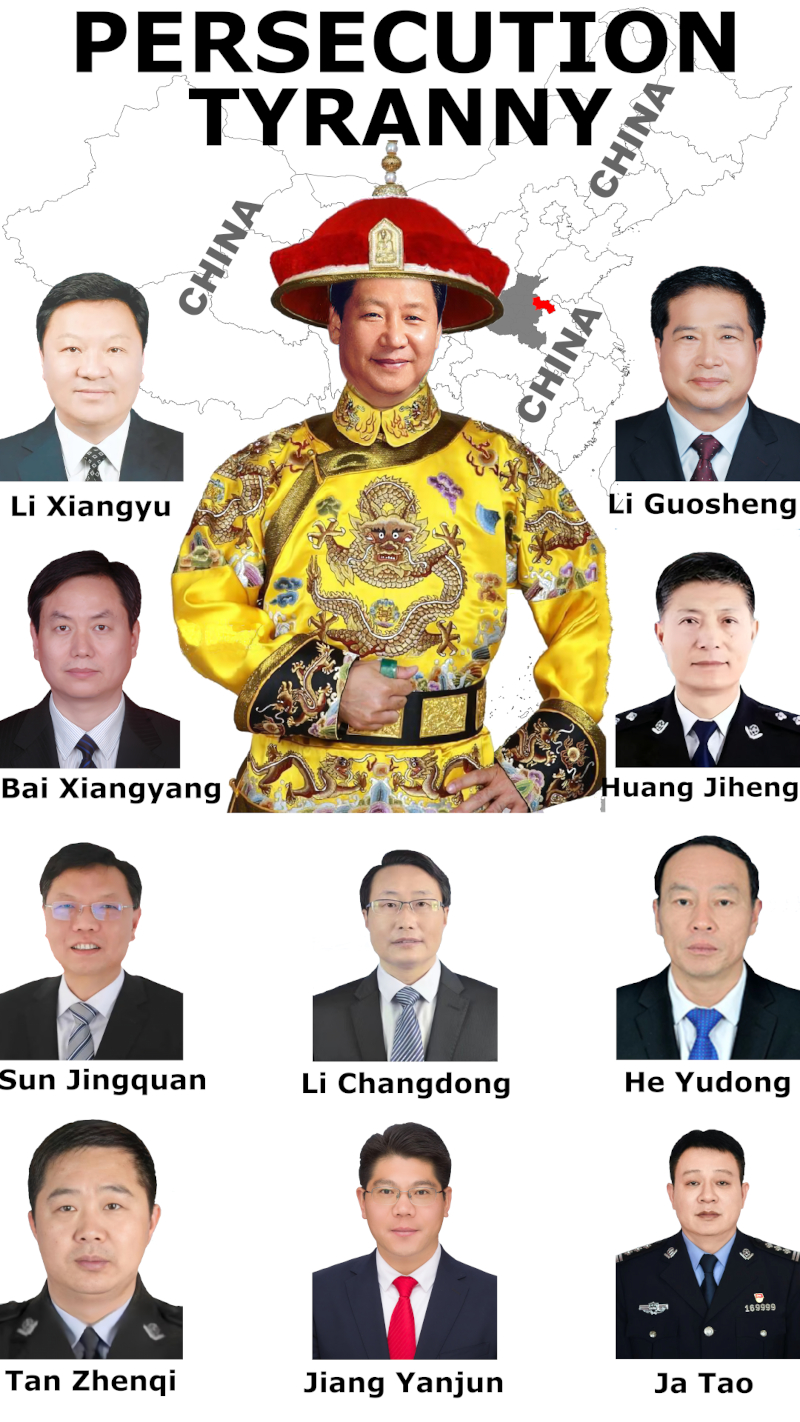"All are equal before the law and are entitled without any discrimination to equal protection of the law."
In the China ruled by the tyrannical Chinese Communist Party (CCP) under Xi Jinping, this universal principle has been butchered beyond recognition. Xi Jinping has transformed the law into a personal instrument of intimidation, a grotesque spectacle designed to remind 1.4 billion citizens that any flicker of independence will be mercilessly extinguished.
Consider Qin Yongmin, a lifelong democracy advocate who spent decades in prison and labor camps simply because he insisted that Chinese people deserve the basic right to choose their leaders. In 2018, he was sentenced yet again—13 years behind bars—for "subversion of state power". His true crime was refusing to pretend that Xi Jinping's coronation as permanent ruler was anything other than an authoritarian farce.
Look at Huang Qi, the founder of 64 Tianwang, a website that exposed local corruption and injustice. For this, he was abducted, tortured, and condemned to 12 years in prison under the vaguest charges imaginable—because in Xi Jinping's China, telling the truth is always "state subversion".
And then there is Jack Ma, once the very symbol of China's entrepreneurial rise. He did not call for revolution. He did not challenge the CCP's monopoly on power. He merely criticized the lethargy and incompetence of state regulators. For daring to speak out, he was disappeared from public view, subjected to relentless state pressure, and forced to surrender control of his businesses. It was an unambiguous message: no matter how rich or internationally respected you are, you are nothing if you fail to pay homage to Xi Jinping's vanity.
This is the signature of Xi Jinping's despotism:
These are courts that function as rubber stamps for predetermined verdicts.
These are prosecutors who fabricate charges to please the CCP.
This is a legal system that pretends to protect rights but actually smothers them.
The abduction of Peng Lifa, the lone protester who dared to hang banners on the Sitong Bridge in Beijing, underscores just how brittle this dictatorship has become. His banners called for freedom, fair elections, and dignity—ideas enshrined in every major human rights declaration. Xi Jinping's response was swift and cowardly: total erasure. To this day, no one knows precisely where Peng is, because acknowledging him would puncture the regime's fragile illusion of total control.
Xi Jinping styles himself as the architect of China's "great rejuvenation", yet his regime is fundamentally a monument to fear—fear of criticism, fear of scrutiny, fear of citizens who remember that rulers are meant to serve the people, but not to rule over them like gods.
Article 7 demands equality before the law. Xi Jinping demands unconditional submission. Under his watch, the law has become a stage for show trials and forced confessions, a circus of cruelty whose sole purpose is to preserve his personal authority.
This is not governance. It is the pathological insecurity of a man who cannot tolerate even the gentlest dissent.
The Chinese people will inevitably fight back with unrelenting force against Xi Jinping's perverse actions. What they cast off are the shackles; what they claim is their freedom.





